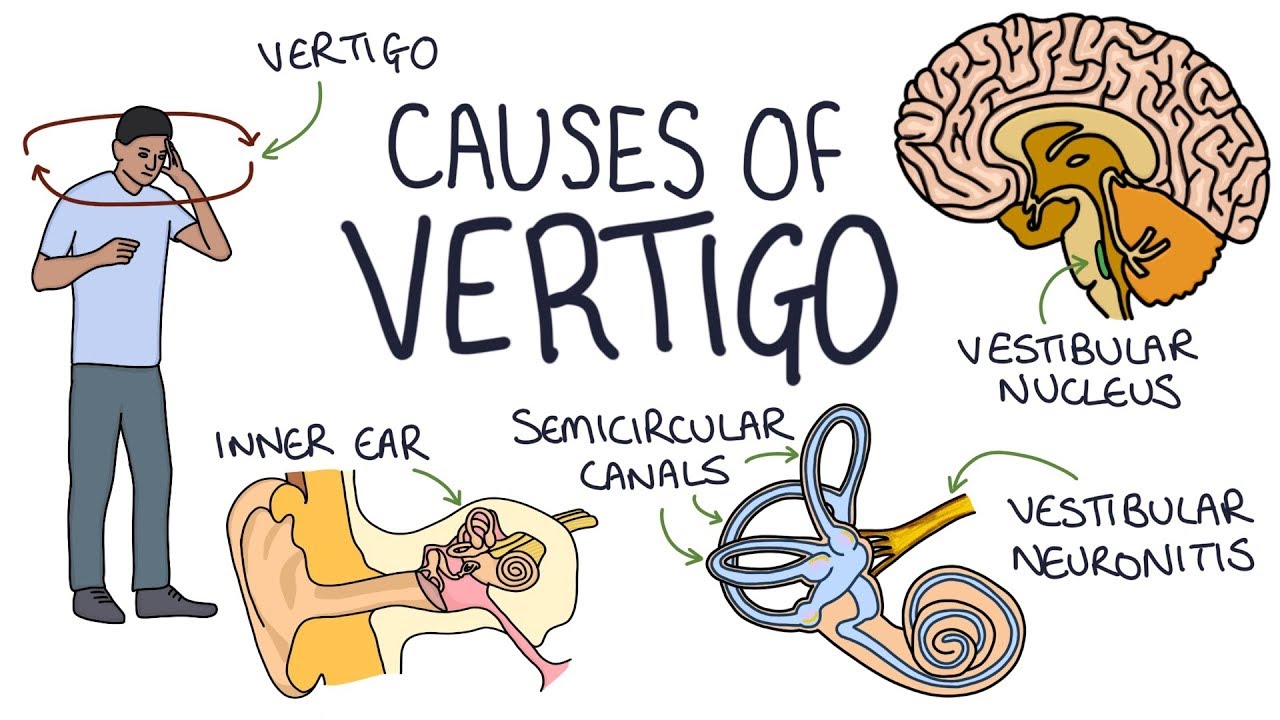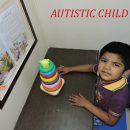OSTEOPATHY FOR VERTIGO

If you’ve suffered head or neck trauma from an injury, accident, or prolonged poor posture, you may have experienced a bout of vertigo or dizziness.
Dizziness is typically used as a blanket term that includes symptoms like vertigo, unsteadiness, nausea, sweating, fatigue, headaches or light-headedness which can have many underlying factors.
CAUSES
Dizziness has many possible causes, including inner ear disturbance, motion sickness and medication effects. Sometimes it’s caused by an underlying health condition, such as poor circulation, infection or injury.
INNER EAR PROBLEMS THAT CAUSE DIZZINESS (VERTIGO)
Your sense of balance depends on the combined input from the various parts of your sensory system. These include your:
- Eyes,which help you determine where your body is in space and how it’s moving
- Sensory nerves,which send messages to your brain about body movements and positions
- Inner ear,which houses sensors that help detect gravity and back-and-forth motion
Vertigo is the false sense that your surroundings are spinning or moving. With inner ear disorders, your brain receives signals from the inner ear that aren’t consistent with what your eyes and sensory nerves are receiving. Vertigo is what results as your brain works to sort out the confusion.
- Benign paroxysmal positional vertigo (BPPV).This condition causes an intense and brief but false sense that you’re spinning or moving. These episodes are triggered by a rapid change in head movement, such as when you turn over in bed, sit up or experience a blow to the head. BPPV is the most common cause of vertigo.
- A viral infection of the vestibular nerve, called vestibular neuritis, can cause intense, constant vertigo. If you also have sudden hearing loss, you may have labyrinthitis.
- Meniere’s disease.This disease involves the excessive buildup of fluid in your inner ear. It’s characterized by sudden episodes of vertigo lasting as long as several hours. You may also experience fluctuating hearing loss, ringing in the ear and the feeling of a plugged ear.
- People who experience migraines may have episodes of vertigo or other types of dizziness even when they’re not having a severe headache. Such vertigo episodes can last minutes to hours and may be associated with headache as well as light and noise sensitivity.
CIRCULATION PROBLEMS THAT CAUSE DIZZINESS
You may feel dizzy, faint or off balance if your heart isn’t pumping enough blood to your brain. Causes include:
- Drop in blood pressure.A dramatic drop in your systolic blood pressure — the higher number in your blood pressure reading — may result in brief lightheadedness or a feeling of faintness. It can occur after sitting up or standing too quickly. This condition is also called orthostatic hypotension.
- Poor blood circulation.Conditions such as cardiomyopathy, heart attack, heart arrhythmia and transient ischemic attack could cause dizziness. And a decrease in blood volume may cause inadequate blood flow to your brain or inner ear.
OTHER CAUSES OF DIZZINESS
- Neurological conditions.Some neurological disorders — such as Parkinson’s disease and multiple sclerosis — can lead to progressive loss of balance.
- Dizziness can be a side effect of certain medications — such as anti-seizure drugs, antidepressants, sedatives and tranquilizers. In particular, blood pressure lowering medications may cause faintness if they lower your blood pressure too much.
- Anxiety disorders.Certain anxiety disorders may cause lightheadedness or a woozy feeling often referred to as dizziness. These include panic attacks and a fear of leaving home or being in large, open spaces (agoraphobia).
- Low iron levels (anemia).Other signs and symptoms that may occur along with dizziness if you have anemia include fatigue, weakness and pale skin.
- Low blood sugar (hypoglycemia).This condition generally occurs in people with diabetes who use insulin. Dizziness (lightheadedness) may be accompanied by sweating and anxiety.
- Carbon monoxide poisoning.Symptoms of carbon monoxide poisoning are often described as “flu-like” and include headache, dizziness, weakness, upset stomach, vomiting, chest pain and confusion.
Overheating and dehydration.If you’re active in hot weather or if you don’t drink enough fluids, you may feel dizzy from overheating (hyperthermia) or from dehydration. This is especially true if you take certain heart medications.
VERTIGO AND ITS TREATMENT
The big question is, if Osteopathy and Integrated Manual Therapy at KRISTON CLINIC can help a patient with vertigo. To answer your question, yes. We have treated many Chronic patients with Longstanding Vertigo and Balance problems with almost success. Two primary techniques are involved in aiding the body to heal so that the patient can regain his or her sense of balance.
 OSTEOPATHY: The primary tool is Osteopathic adjustment. Osteopathic adjustment involves bone alignment corrections and Myofascial Releases, which allows your nervous system to function at its level best. Your nervous system controls all the information sent to your brain and forth. The spine covers the nervous system. By adjusting it, communication between the brain and the body is enhanced; including the ear, lymph and the immune system.
OSTEOPATHY: The primary tool is Osteopathic adjustment. Osteopathic adjustment involves bone alignment corrections and Myofascial Releases, which allows your nervous system to function at its level best. Your nervous system controls all the information sent to your brain and forth. The spine covers the nervous system. By adjusting it, communication between the brain and the body is enhanced; including the ear, lymph and the immune system.
INTEGRATED MANUAL THERAPY: In Integrated Manual Therapy, we use Chiropractic and Physical Therapy Techniques such as Chiropractic Adjustments, The Epley maneuver, Liberatory or Semont maneuver, IASTM, Matrix Rhythm Therapy, Ultrasound Therapy, Laser Therapy, Vestibular Rehabilitation and Stress management.
a) chiropractic adjustment is non-invasive and doesn’t involve cutting into the body. They aid the body into recovering on its own.
b)Posterior and horizontal canal BPPV canalith repositioning maneuvers (Semont, Epley, and Gufoni’s maneuvers) are level 1 evidence treatment, and the choice of maneuver (since their efficacy is comparable) is up to the clinician’s preferences. Two treatments have been found effective for relieving symptoms of posterior canal BPPV:
- Epley maneuver (Canalith repositioning procedure)
- Employs gravity to move calcium build-up that causes the condition
- Can also be performed by trained otolaryngologists, neurologisists, chiropractors or audiologists
- Liberatory or Semont maneuver.
c)Vestibular Rehabilitation: Patients may benefit from a type of physical therapy known as vestibular rehabilitation.Vestibular rehabilitation therapy (VRT) is an exercise-based treatment program designed to promote vestibular adaptation and substitution. The goals of VRT are: to enhance gaze stability; to enhance postural stability; to improve vertigo; to improve activities of daily living. VRT facilitates vestibular recovery mechanisms: vestibular adaptation, substitution by the other eye-movement systems, substitution by vision, somatosensory cues, other postural strategies, and habituation.
d)Stress Management: Stress can increase symptoms of dizziness and nausea, and reducing stress can help reduce the symptoms.
If you are suffering from vertigo in and around Chennai, or anyone you know is, we at Kriston Clinic want to help you recover. Try Osteopathy, Chiropractic and Integrated Manual Therapy. It could bring you to your best self, enable you to live the life you desire.
To book Appointments call:Kriston clinic – +91 9790799944














